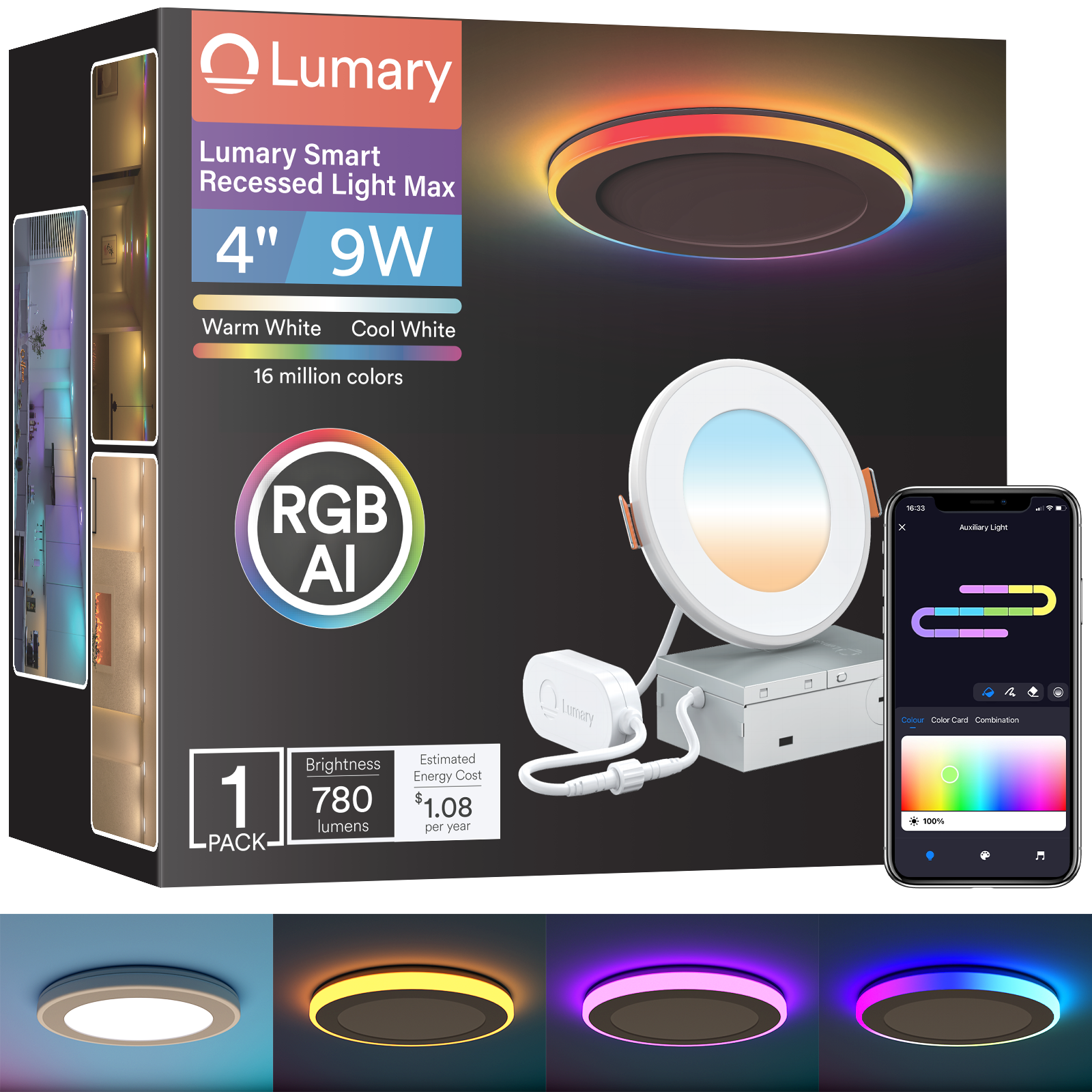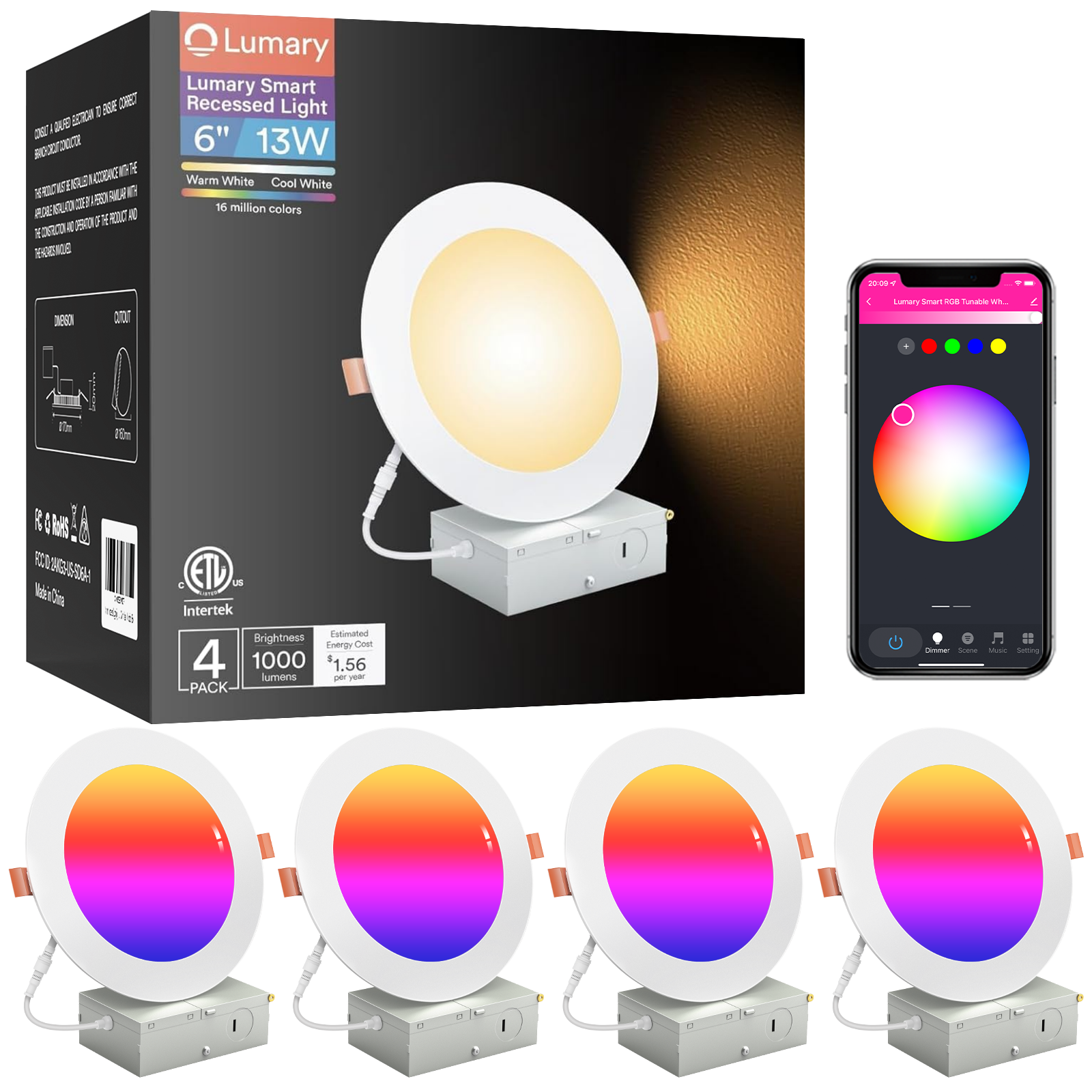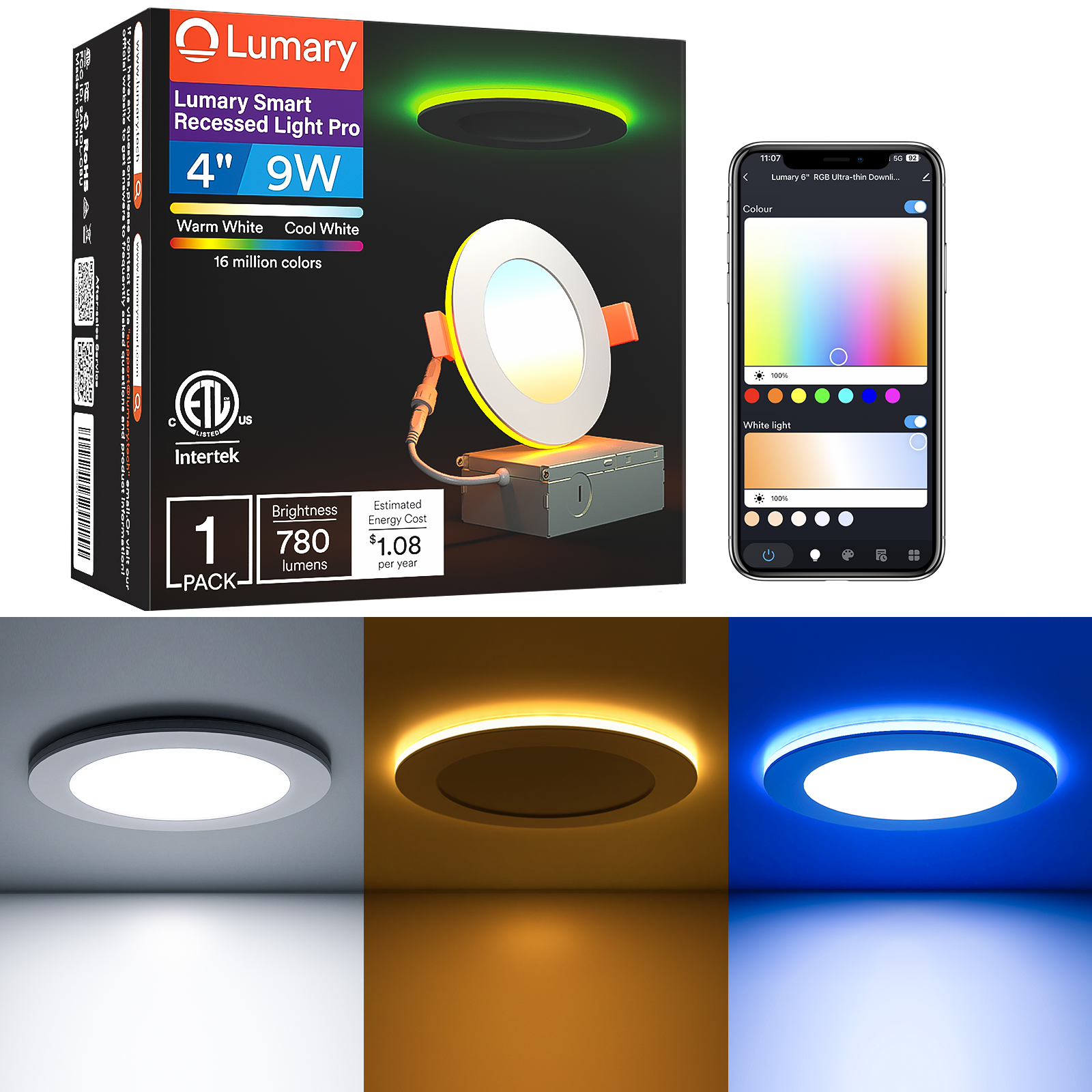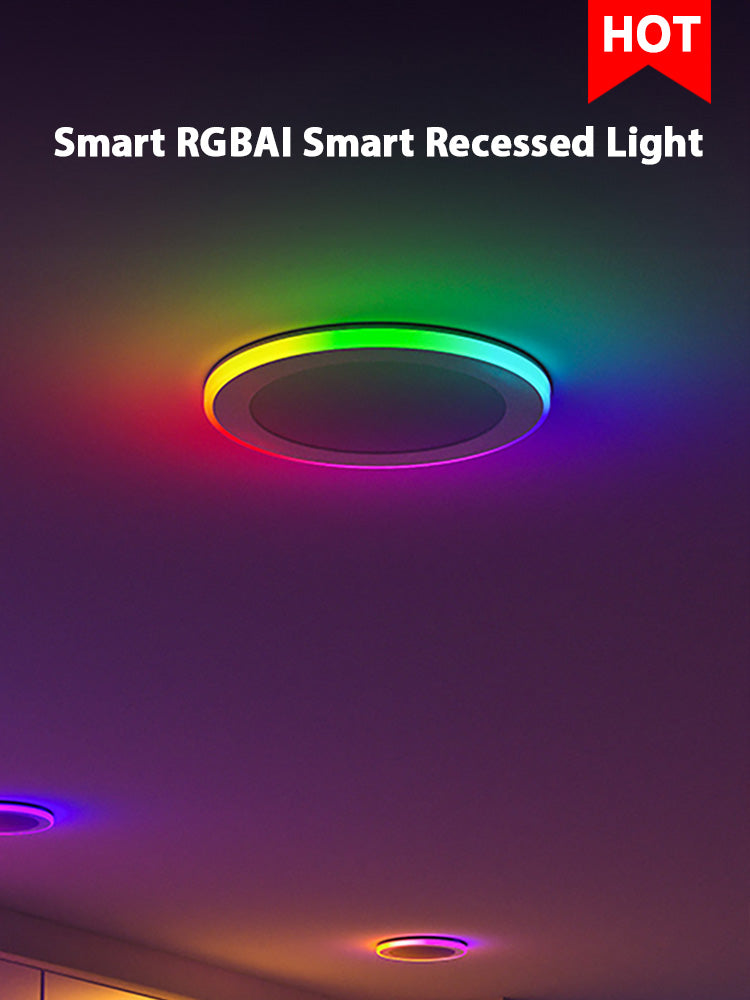USB outlets have become essential in modern homes. These outlets with USB ports provide faster charging speeds and eliminate bulky adapters. The rise in handheld devices drives the popularity of these sockets. Safety remains crucial when using USB outlets. Proper installation and adherence to safety standards prevent hazards. Understanding these measures ensures a secure environment for all devices.
Understanding Outlets with USB Ports

What are USB Outlets?
Definition and Basic Functionality
USB outlets integrate traditional electrical sockets with USB ports. These outlets allow you to charge devices directly from the wall without needing bulky adapters. USB outlets convert standard voltage into a lower amperage suitable for most devices. This feature ensures compatibility with various gadgets like smartphones, tablets, and certain laptops.
Types of USB Outlets Available
Several types of USB outlets exist to meet different needs:
-
USB-A Outlets: Accept square connectors commonly used in older devices.
-
USB-C Outlets: Offer faster charging and data transfer capabilities.
-
Combination Outlets: Include both USB-A and USB-C ports for versatility.
-
Quick Charge Outlets: Provide rapid charging for compatible devices.
-
Power Delivery Outlets: Deliver fast charging via USB-C, ideal for high-power devices.
Benefits of Outlets with USB Ports
Convenience and Accessibility
Outlets with USB ports simplify the charging process. You can plug devices directly into the wall, eliminating the need for separate chargers. This convenience makes it easy to keep all your gadgets powered up and ready to use.
Space-Saving and Efficiency
These outlets save space by removing the clutter of multiple adapters. The sleek design integrates seamlessly into walls, providing a neat and efficient charging solution. High-amperage ports also offer faster charging speeds compared to traditional adapters.
Common Uses of USB Outlets
In Homes and Offices
Outlets with USB ports are increasingly popular in homes and offices. They provide a convenient way to charge multiple devices simultaneously. This setup supports a tech-driven lifestyle where staying connected is essential.
In Public Spaces and Travel
Public spaces like airports and hotels often feature outlets with USB ports. Travelers find these outlets useful for charging devices on the go. The widespread availability ensures that your devices remain charged during travel, enhancing convenience and accessibility.
Safety Concerns with USB Outlets

Potential Risks
Overheating and Fire Hazards
USB outlets can present overheating risks. Unbranded or cheap USB outlets often lack proper safety features. These outlets may overheat, leading to potential fire hazards. Surge protection is crucial for all outlets, especially those with USB ports. This feature helps prevent electrical surges that could damage devices or cause fires.
Compatibility Issues with Devices
Compatibility issues arise when using USB outlets. Not all devices work well with every USB outlet. Some older devices may not charge efficiently with newer USB-C outlets. Ensuring compatibility between devices and outlets prevents charging problems. Using outlets that convert voltage to the standard 5 volts ensures device safety.
Safety Standards and Regulations
Overview of Relevant Safety Standards
Safety standards guide the manufacturing of USB outlets. The National Electrical Code (NEC) provides guidelines for safe electrical installations. USB outlets should comply with these standards to ensure safety during use. Built-in safety features like grounded and tamper-resistant receptacles help prevent electrical hazards.
Importance of Compliance
Compliance with safety standards is essential. Non-compliant outlets pose risks to users and devices. Certified USB devices are generally safe when operated according to instructions. Choosing outlets listed by Underwriters Laboratories ensures adherence to safety standards. Compliance reduces the risk of accidents and enhances user confidence.
Identifying Safe USB Outlets
Features to Look For
Identifying safe USB outlets involves checking specific features. Look for outlets with surge protection and tamper-proof designs. High-quality outlets often include smart chips that sense power needs. These features reduce concerns about off-brand chargers and enhance device safety. Regular checks for unusual signs like burning smells help identify potential issues.
Trusted Brands and Certifications
Trusted brands offer reliable USB outlets. Brands that comply with safety standards provide peace of mind. Certifications from recognized organizations indicate quality and safety. Choosing outlets from reputable brands ensures a safer charging experience. Trusted brands prioritize user safety and device protection.
Best Practices for Safe Usage
Installation Tips
Professional Installation vs DIY
Professional installation ensures safety and reliability. Electricians have the expertise to handle wiring correctly. Incorrect installation can lead to hazards. Hiring a professional reduces risks and ensures compliance with safety standards.
DIY enthusiasts may attempt installation. Always follow detailed instructions and safety guidelines. Ensure the power supply is off before starting. Use proper tools and materials for the task.
Proper Placement and Usage
Choose locations where devices frequently charge. Install outlets near desks, beds, or kitchen counters. Avoid placing outlets near water sources to prevent electrical hazards. Proper placement enhances convenience and accessibility.
Maintenance and Monitoring
Regular Checks for Wear and Tear
Regular inspections help maintain outlet safety. Look for signs of wear like frayed wires or loose connections. Address minor issues promptly to prevent major problems. Consistent monitoring extends the lifespan of outlets.
Signs of Malfunction and When to Replace
Recognize signs of malfunction, such as unusual noises or burning smells. These indicators suggest potential electrical issues. Replace outlets showing these signs immediately. Timely replacement prevents accidents and ensures device safety.
Educating Users
Informing Family and Colleagues
Educate family members about safe usage practices. Share information on proper installation and maintenance. Encourage awareness of potential risks and safety measures. Informed users contribute to a safer environment.
Creating Awareness About Safe Practices
Promote awareness of safe charging habits. Discuss the importance of using certified outlets. Highlight the benefits of professional installation and regular checks. Awareness fosters a culture of safety and responsibility.
USB outlet safety holds significant importance in your daily life. Prioritize safe practices to protect devices and ensure a secure environment. Choose high-quality products that comply with safety standards. Regularly inspect outlets for signs of wear or malfunction. Educate family members about safe usage to prevent risks. Sparks emphasizes the need to "take charge" and avoid potential hazards, especially for children. By following these guidelines, you create a safer space for all devices.

















